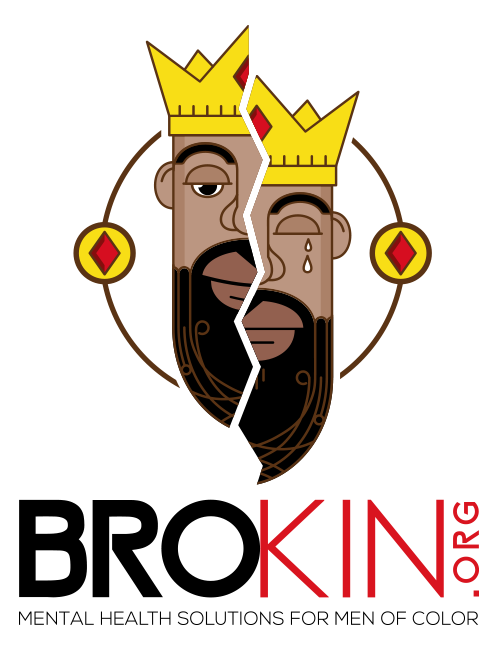
A Movement Against Racism Should Be a Movement for Mental HealthA Movement Against Racism Should Be a Movement for Mental Health
The Black Lives Matter movement–which initially targeted the lack of indictments for the murderers of unarmed African American men and women and has since contributed to a larger conversation about the impacts of racism—has unapologetically highlighted the experiences of African Americans in this country. Another lesser-known but equally critical result of the movement: it raises an opportunity to discuss how racial discrimination negatively affects the mental health of African Americans. To combat the psychological and physical effects of racial discrimination, leaders of institutions that both serve and employ African Americans should first examine their environments and policies to identify implicit biases or overt acts of exclusion are taking place.
It’s no secret that a sense of belonging has been scientifically proven to be an essential human need. For people of color, functioning in a society that consistently pressures them to downplay their cultural identities to fit in can have detrimental health effects. This “shifting” may increase African Americans vulnerability to depression and other psychological problems if certain reaffirming buffers are not in place. Racial discrimination in the workplace can be especially unnerving. Research has also shown that racial discrimination in the workplace is a chronic stressor for African Americans.
The societal pressures to be stoic, yet hyper-vigilant towards both overt and subtle racial threats can be a psychologically daunting task. Research indicates that the daily experience of racism in America is associated with low self-esteem, depression, and anxiety. Experiences of racism have even been associated with physiological reactivity, i.e. high blood pressure, a predictor of heart disease. This finding implicates perceived racial discrimination, a psychosocial factor, as a determinant of this leading cause of death among African Americans, alongside more commonly recognized behavioral factors (i.e. poor diet, lack of exercise).
It’s important to deconstruct the sources for both systemic and interpersonal racism to pinpoint why these infractions still exist, and the steps that are necessary for change. We can kickstart that first step by implementing the second step: talking. Institutional and employment leaders must engage employees in conversations around inclusion, equality, and difference; this is a key step in the process of addressing mental health disorders among African Americans.
Substantive dialogue is critical, but it’s equally vital to note that simply starting these conversations is a powerful thing. It’s a move that shows both internal and external stakeholders that your organization values the tenets of social justice and reflects an investment in community well-being. Beginning these conversations is also an explicit acknowledgement of the problem, which could help employees affected by racial discrimination build back trust in the institution.
This critical dialogue also can’t just be a one-time thing—it requires consistency and commitment. To be effective, these conversations have to be on-going, inclusive, and employ a technique called active listening. Active listening communicates empathy and builds trust by using signs of attentiveness (i.e. paraphrasing, assumption checking, asking questions) to indicate unconditional acceptance and confirming the other’s experience. This type of listening behavior will ensure that an employer’s responses are not dismissive and authoritative. This form of listening reflects that the individual is respecting the other person’s experiential reality, not just waiting to speak and give a predetermined statement.



